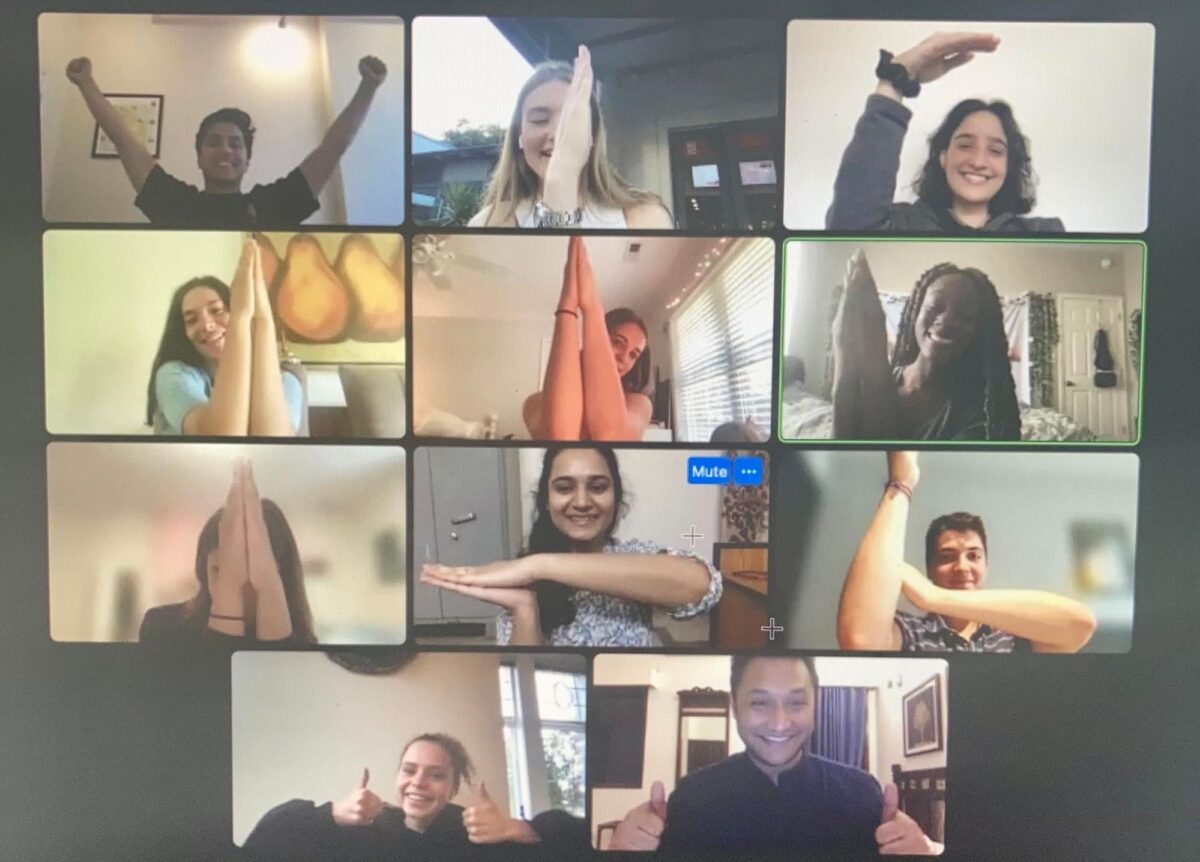blog Harvard | 3min Read
Published on June 30, 2022

As a first time attendee of the Harvard Youth Lead The Change conference, I was not sure of what to expect. Would we spend the week debating different styles of leadership? Would the mentors lecture us about different world leaders, revealing their sorrows and successes along the way? Would we be expected to be extroverted, public-speaking savants, vibrating with our desire to change the world?
The Harvard YLC conference was all of these things; and yet, I was left pleasantly surprised. The debates about leadership were lively, and not droning. The lectures about different world leaders were less lectures and more asides — the mentors were less interested in leaders of yore, and much more curious about the future leaders sitting and learning from them. The expectation to participate in discussions and share our opinions was definitely there; but it was not a compulsion, but a choice.
The YLC mentors and guests always tried their best to assure that the atmosphere was casual: the students felt free to crack jokes, bring in pop-cultural references to make their points—fierce discussions about the primacy of Taylor Swift and One Direction were common; and felt free to debate the merits of pineapple on pizza. The unique icebreakers like everyone sharing their favorite smells, and the mentors’ insistence on creating an equal, common ground between themselves and their students helped develop a safe space for one and all; a space where mentors and students alike felt comfortable being vulnerable and learning and growing in the company of peers.
Along the 7-days program, students were introduced to a range of leadership and adjacent concepts like leadership styles, conflict resolution techniques, personality styles, social impact, etc. They were also given the opportunity to explore and understand how these different concepts can help them grow as learners and leaders. However, opting for an unconventional approach, none of these complicated concepts were introduced to the students through academic jargon.
Instead, the conference organized curious and fun activities (e.g.: design a party; defend an absurd claim like, why should you punch a dolphin; create an origin story for a random word in 30 seconds, create a story around a popular meme, etc.) which both helped the students hone their creative and public speaking skills, and also explained novel concepts to them through accessible examples.
The conference closed off with the students presenting their social impact projects in front of their peers and parents. Concerns across the board like accessible education, violence against women, mental health, etc. were brought to the table. The out-of-the-box ideas and approaches exhibited in these presentations were a delight to be a part of. More than that, however, it was wonderful to see young learners sympathize with and attempt to tackle global problems which do not necessarily affect their lives. The sheer joy, curiosity, and empathy exhibited by these students along the conference, and especially through their ongoing social impact projects, is a solid testament to the success of the Harvard YLC conference’s unique educational approach.




